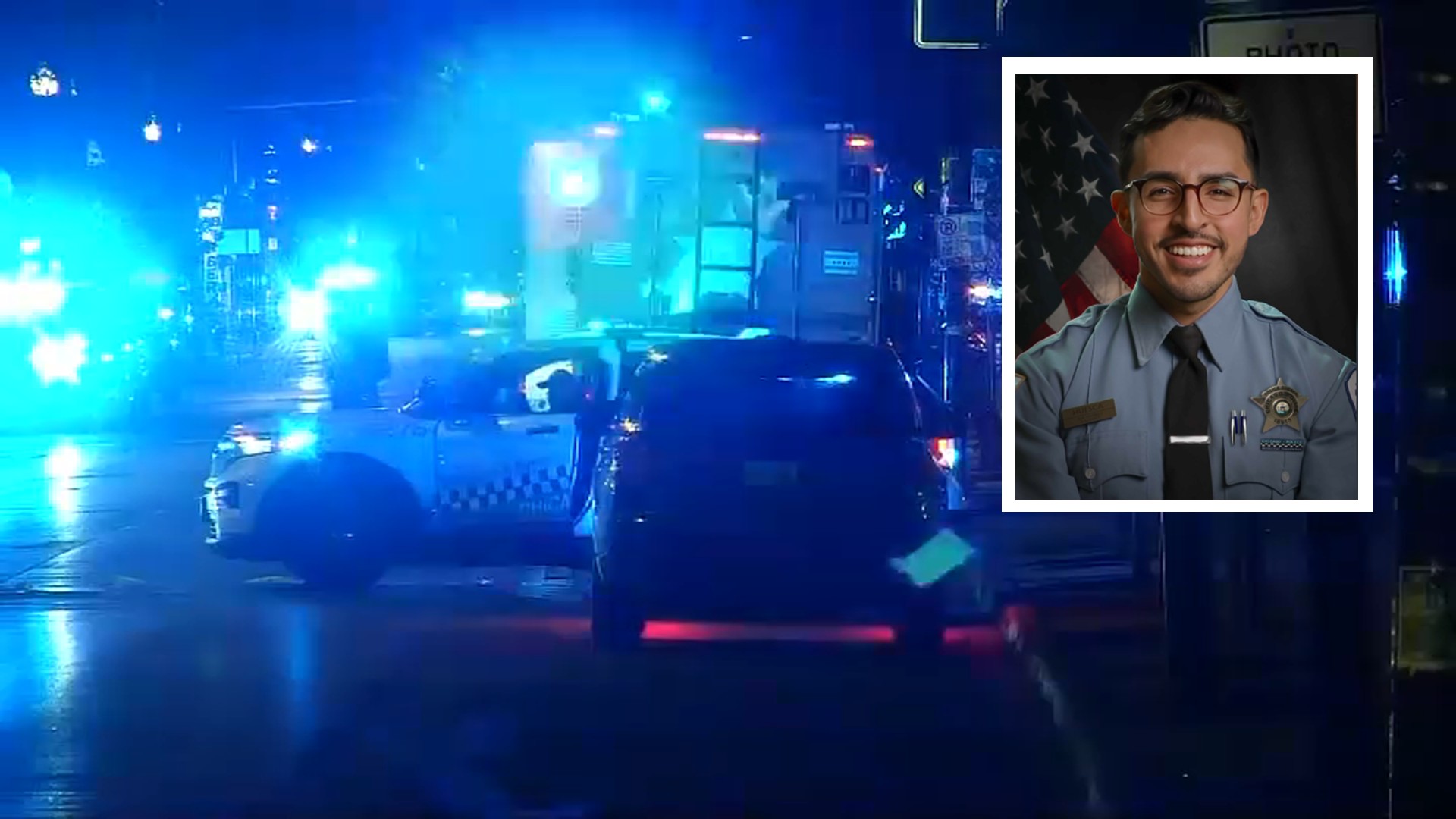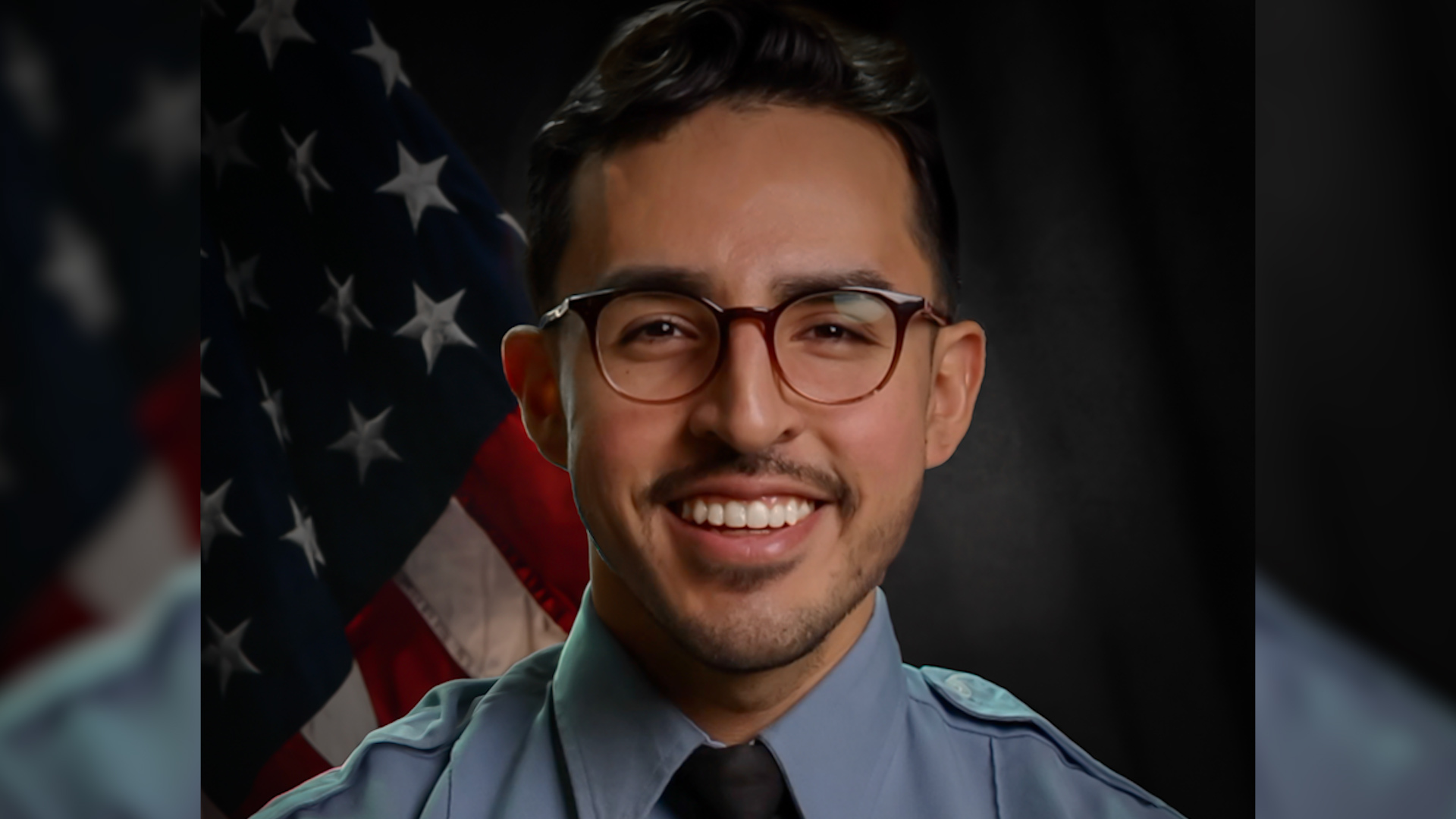Chicago public health officials confirmed Friday that a child at the city’s largest migrant shelter had contracted and since recovered from a case of measles, raising questions about when the child became infected and when city officials – and the shelter’s operator Favorite Healthcare Staffing – learned of the case.
A spokeswoman for the Favorite Healthcare Staffing referred NBC 5 Investigates’ questions back to CDPH.
Health department officials also did not address our questions and instead emailed NBC 5 Investigates a copy of Friday’s press release – which confirmed that city agencies were investigating the case of measles in a “non-school age child who has recovered and is no longer infectious.”
NBC 5 Investigates learned that migrants were asked to shelter in place while health officials worked to determine who was vaccinated for measles. Those who were not vaccinated would be given a health screening for symptoms and offered the vaccine. Those who could prove their vaccination status would be free to come and go from the shelter.
Feeling out of the loop? We'll catch you up on the Chicago news you need to know. Sign up for the weekly Chicago Catch-Up newsletter here.
Ronnie Reese, communications director for Mayor Brandon Johnson, said the confirmed measles case would not disrupt the city’s plan to have migrants begin to exit the shelters starting on March 16.
In a release Friday afternoon, CDPH went on to state:
“Most Chicagoans are routinely vaccinated in childhood and therefore not at high risk. Anyone who is not vaccinated against measles should do so. MMR vaccine is available at most doctor’s offices and pharmacies. Illinois children as young as 10 years-old can get vaccinated at pharmacies under Illinois law. CDPH Immunization clinics provide MMR vaccine for no out-of-pocket cost to any child 0–18 years and uninsured adults 19 and older. For more information on measles please visit the CDPH web site.
On Thursday, CDPH confirmed another, unrelated case of measles in a Chicago resident, the first case identified in a Chicagoan since 2019. The source of the infection is unknown at this time and the infectious period for the Chicago resident ended on March 6. The individual is recovering well at home.
Investigations
No link has been identified between this case and a measles case in an Indiana resident who had visited Chicago last month. That case did not result in any secondary measles cases in Chicago residents.”
News of this measles case comes just a week after NBC 5 Investigates uncovered potential healthcare gaps in the city’s migrant mission.
The Halsted migrant shelter is the city’s largest – at one time housing more than 2,500 people; the shelter population is now closer to 1800 -- nearly third of whom are children.
City officials acknowledged during a city council committee hearing in late January that the Halsted shelter did not have a designated isolation room.
“Although they’ve been able to space people out a little better my understanding is it is still very challenging,” said Dr. Evelyn Figueroa, a family physician with UI Health.
Dr.Figueroa helps operate the Pilsen Food Pantry – located roughly a mile away from the shelter where a child recently contracted and recovered from measles.
Figueroa is also connected with a group of medical volunteers, who for months have pushed to gain access to the shelters to help provide health screenings. So far, the group of medically trained volunteers has not been granted access inside city shelter, but she says their talks with city are ongoing.
“Although we are disappointed to still not be coming inside the shelters to do health screenings, we do have connections with families inside of those building sand we use those connections to help educate and connect people to vaccinations,” Figueroa said.
As NBC 5 Investigates first reported last week – our review of thousands of pages of city records revealed potential gaps in the city’s response to migrants’ health needs.
The internal records show as far back as October, the city was aware that “overcrowding individuals” at shelters “put both new arrivals and shelter staff at higher risk for contagious illnesses.” And that a lack of space within the shelter system increased challenges to getting people initial healthcare.
When asked if she thought those gaps were still in existence or have they been closed, Figueroa said: “I think those gaps are less large than they were before but I don’t believe they’ve been completely resolved.”
Dr. Figueroa says there is a need for more personnel on the ground to help quell hysteria and educate migrants on the benefits of vaccines.
In response to our findings, Mayor Brandon Johnson defended the city’s efforts.
“It just wasn’t right the way people were arriving here and we were responding to it to the best of our ability,” Johnson said on Feb. 21.



